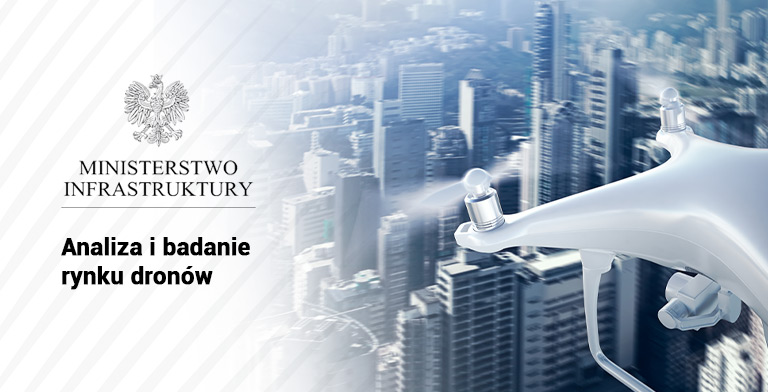CAWI Research
CAWI (Computer Assisted Web Interviews) Research
CAWI (Computer Assisted Web Interviews) research technique is an interview in which the participant fills in an on-line questionnaire or survey received via the Internet. Currently CAWI method is one of the most popular and fastest-growing market research methods. Compared to other methods, with a sense of anonymity and the opportunity to participate in the study at time convenient for the respondent, it allows to collect more accurate data.
Conducting research using this method, we can be sure that not only we will reach a wider group of potential customers, but also our survey will go to a specific target group. The survey can be addressed and directed to a group of interest to us - we can specify who it should be e.g. shops or maybe Internet users visiting public web portals.
In the age when almost everyone has access to a computer and the Internet, more and more people are using all kinds of devices like smartphones and tablets, free Wi-Fi Internet is available in most public places, the CAWI research study will certainly be much more effective. Traditional research methods such as personal interviews conducted by interviewers, or telephone are becoming less popular. First of all, it is increasingly difficult to get yourself to potential customers, among others due to restricted numbers, absence at home, or their desire to maintain privacy.
Undoubtedly, conducting research using CAWI method not only reduces the cost and time associated with the preparation of the test itself, but also the time of its implementation and collecting the data necessary for the analysis. In addition:
- in electronic form you can put not only text questions but also multimedia elements such as videos, graphics, adverts or sounds;
- gives an insight into the results of the study during the time the research is conducted;
- low cost (no need to hire interviewers);
- depending on the provided answers the questionnaire can be modified;
- electronic surveys are easier to correct, even if an error is found after the survey had been prepared;
- quick access to the data - received data is already in an electronic form;
- eliminates the "interviewer effect", i.e. the impact of the interviewer on the answers given by the particioant;
- participants have the opportunity to be more anonymous;
- by conducting research using the Internet, you can reach out to groups that are hard to reach in the traditional way;
- survey available on the network is available all over the world.















